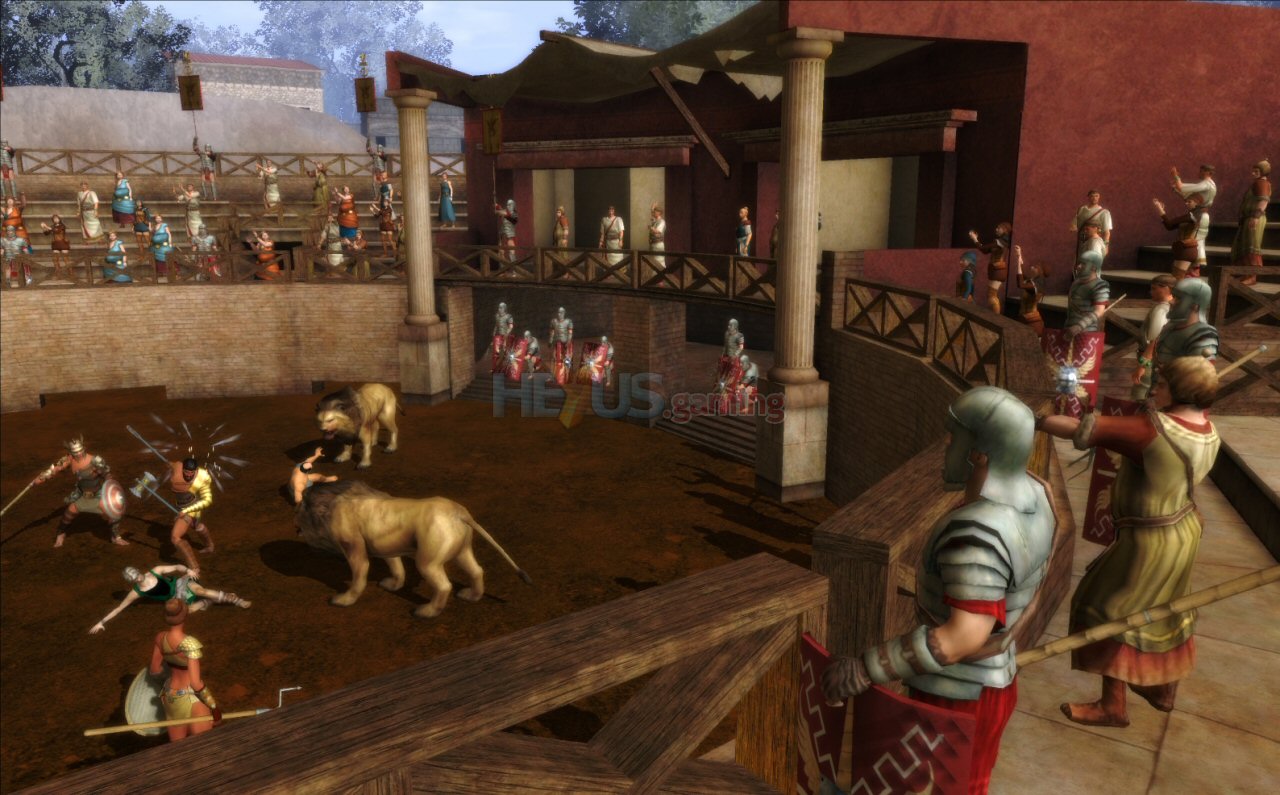
Violence has been a fascination for the human race since we first established ourselves on earth. The internet has not caused this problem, it could be argued that it is inherent in human nature to find violence entertaining. The earliest recordings of violence as a sport date back to the ancient greeks/egyptians/aztecs/incas and the romans who are probably the most notorious for this. The romans used gladiator fights (in which 50% of participants died), animal baiting (5000 animals met their bloody ends at the opening day of Rome's colloseum), and real death on stage to entertain upto 50,000 people."Don't forget, there's a big gladiator show coming up the day after tomorrow. Not the same old fighters either. They've got a fresh shipment in. There's not a slave in that batch. Just wait. There'll be cold steel for the crowd, no quarter and the amphitheatre will end up looking like a slaughterhouse. There's even a girl who fights from a chariot." Petronius in AD 60.
"The wild beast hunts, two a day for five days, are magnificent. There is no denying it..." Cicero in 50 BCViolence has continued as a form of entertainment ever since ancient civilisation. John Webster's "The Duchess of Malfi" which was first performed in 1614 was often slated by modern critics for it's excessive violence. Shakespeare's revenge tragedies such as "King Lear" and "Hamlet" revelled in eyeball gouging and limb losing. In modern theatre, Edward Bond's pre-digital era play "Saved" written in 1965 caused public outcry because of it's violent content. 'Saved' tells the story of youths, who, suppressed by a brutal economic system, become monsters."I write about violence as naturally as Jane Austen wrote about manners," Edward Bond confessed. "Violence shapes and obsesses our society, and if we do not stop being violent we have no future. People who do not want writers to write about violence want to stop them writing about us and our time. It would be immoral not to write about violence." In the middle-east, particularly in Iran & Iraq, criminals are still publicly tortured or hanged in front of large audiences. On August 15th a 16 year old girl was publicly hanged in Iran for her 'sharp tongue.' In 2002 it was thought as many as 5000 people watched 5 men who had been accused of rape being hanged from 2 cranes in Iran. Women are still publicly stoned to death for adultery. Although people might not go to view hangings for pure entertainment, there is still a morbid fascination with death and violence. This has been around long before the internet made violent images more accessible. I am not saying that it is right that people do view other people's pain as entertainment, I am simply stating that it would be very naive if we assummed that annhilating all violent images on the internet would lead to less violence being used as entertainment.
"The wild beast hunts, two a day for five days, are magnificent. There is no denying it..." Cicero in 50 BCViolence has continued as a form of entertainment ever since ancient civilisation. John Webster's "The Duchess of Malfi" which was first performed in 1614 was often slated by modern critics for it's excessive violence. Shakespeare's revenge tragedies such as "King Lear" and "Hamlet" revelled in eyeball gouging and limb losing. In modern theatre, Edward Bond's pre-digital era play "Saved" written in 1965 caused public outcry because of it's violent content. 'Saved' tells the story of youths, who, suppressed by a brutal economic system, become monsters."I write about violence as naturally as Jane Austen wrote about manners," Edward Bond confessed. "Violence shapes and obsesses our society, and if we do not stop being violent we have no future. People who do not want writers to write about violence want to stop them writing about us and our time. It would be immoral not to write about violence." In the middle-east, particularly in Iran & Iraq, criminals are still publicly tortured or hanged in front of large audiences. On August 15th a 16 year old girl was publicly hanged in Iran for her 'sharp tongue.' In 2002 it was thought as many as 5000 people watched 5 men who had been accused of rape being hanged from 2 cranes in Iran. Women are still publicly stoned to death for adultery. Although people might not go to view hangings for pure entertainment, there is still a morbid fascination with death and violence. This has been around long before the internet made violent images more accessible. I am not saying that it is right that people do view other people's pain as entertainment, I am simply stating that it would be very naive if we assummed that annhilating all violent images on the internet would lead to less violence being used as entertainment.




No comments:
Post a Comment